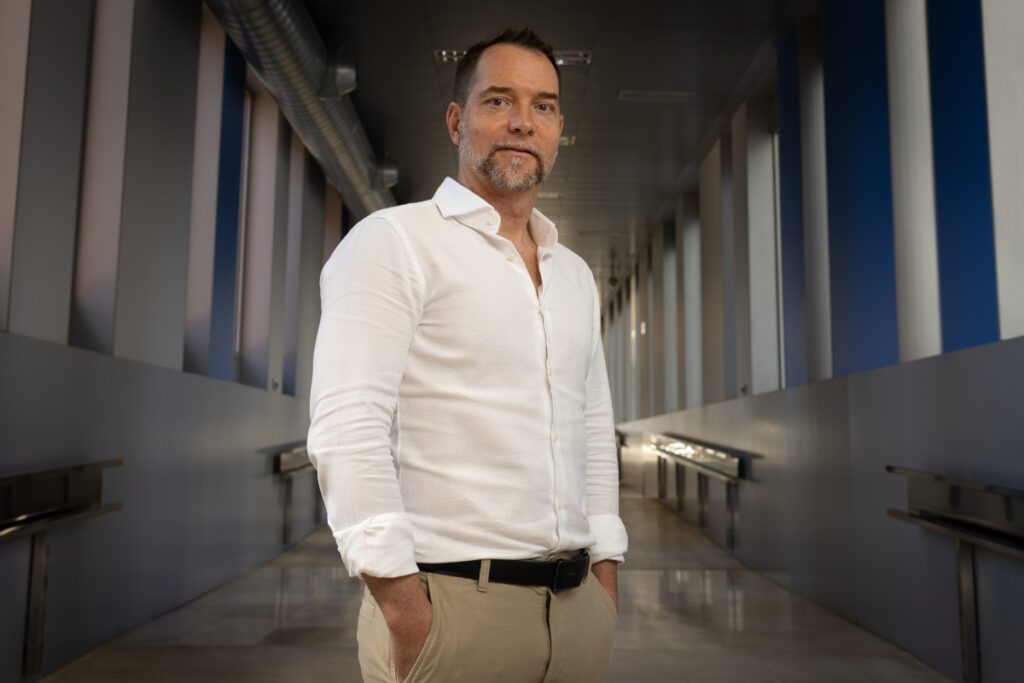IBEC researcher Samuel Sánchez has received a Leonardo Grant from the BBVA Foundation. The funding will help him take his research a step further and use organic and biocompatible materials to develop his nanorobots, which will be used as drug carriers to treat bladder cancer.

IBEC principal investigator Samuel Sánchez Ordóñez has been awarded a Leonardo Grant in the field of Biology and Biomedicine. This funding will help him take a step forward in his research into the development of nanorobots for the treatment of bladder cancer. The Leonardo Grants are an initiative of the BBVA Foundation that aims to support researchers and creators aged between 30 and 45 who are at a decisive moment in their careers: an intermediate stage in which they can develop and manage a personal project with the greatest flexibility.
In this 2024 edition, 57 projects have been selected from the 1,423 applications submitted, representing a success rate of 4%, an indicator of the high competitiveness of the call.
The pioneering research of Sánchez, who heads the Smart Nano-bio-devices group at IBEC, has led him to develop a silica nanoparticle capable of penetrating the bladder tumour and activating the therapeutic agent there, reducing the size of the neoplasm by 90%. With this Leonardo project, entitled ‘Organic enzymatic nanorobots for in vivo visualisation with photoacoustic imaging techniques’, he aims to go one step further: to develop nanorobots with organic materials that are biocompatible – i.e. do not damage healthy cells – and that biodegrade once the drug has been administered to facilitate its elimination. In addition, non-invasive photoacoustic techniques would be used to monitor the progress of the nanomedicine in real time. This would greatly expand the range of cancers and other diseases that can be treated by nanorobotics.
The technology behind these nanorobots, which Samuel Sánchez and his team have been working on for more than seven years, has already been patented and is the basis of Nanobots Therapeutics, an IBEC and ICREA spin-off founded in January 2023. Sánchez’s team also has other lines of research with enzyme-powered nanorobots for the treatment of joint diseases such as arthritis.
For more than two decades, the BBVA Foundation’s activities have focused on supporting excellence in science and culture, as well as their projection on society. Launched in 2014, the Leonardo Scholarships represent a strategic and differentiated commitment by the Foundation to achieve this goal, promoting knowledge understood as a continuum of research and creation through exploration, without erecting walls between disciplines. This is why the programme has been named Leonardo Da Vinci, since its essence is to support knowledge, whether it is scientific or creative research.





